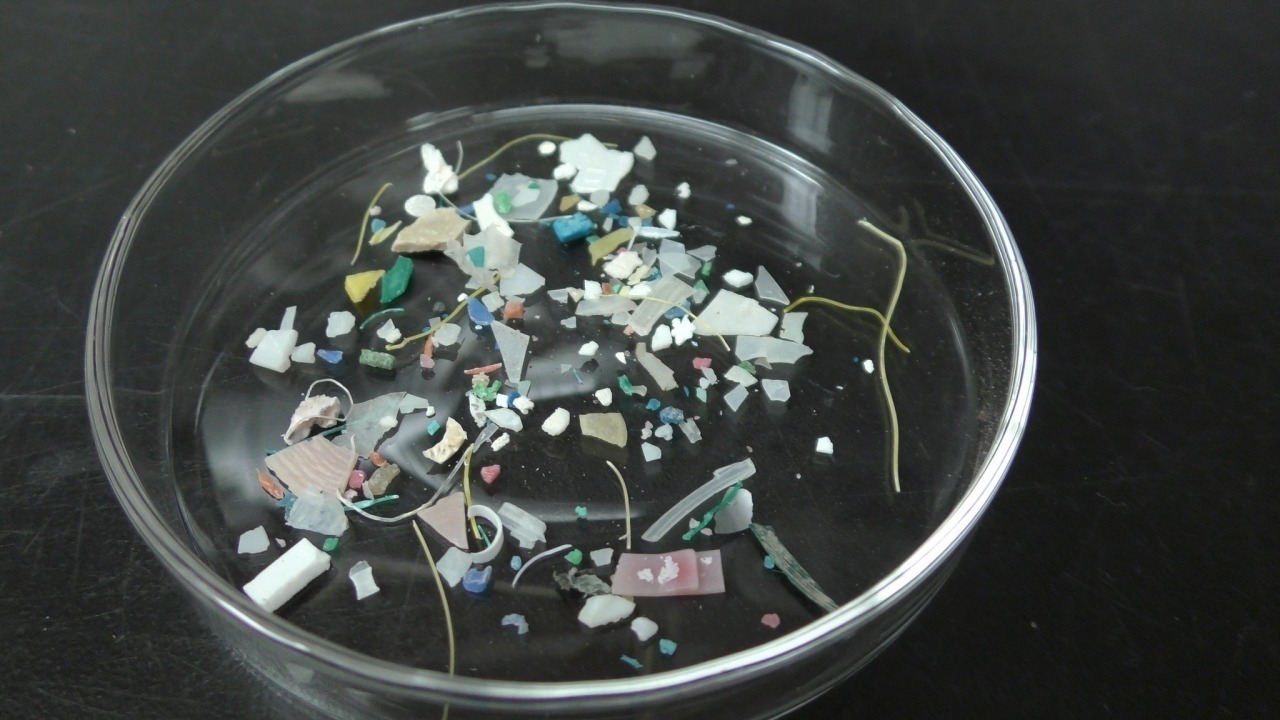Plastics, synthetic polymers virtually unknown prior to their broad commercialization in the 1950s, are nowadays ubiquitous in the environment, and their global production continues to rise.
They are not biodegradable, but undergo weathering that renders their fragments more fragile, and combined to hydrodynamics produce increasingly small particles termed microplastics (MPs), within the micron to mm range, readily taken up by suspension and sediment feeders, and incorporated into the trophic webs.
MPs can be toxic per se due to additives used by industry as colorants, plasticizers, flame retardants, etc. In addition, they concentrate hydrophobic chemicals, persistent pollutants (PPs), found in extremely low concentrations in seawater. The present proposal, EPHEMARE, targets
- the uptake, tissue distribution, final fate and effects of MPs in organisms representative of pelagic and benthic ecosystems, and
- the potential role of MPs as vectors of model PPs that readily adsorb to their surfaces.
The ecotoxicological work relies on an initial study on the equilibrium kinetics of PPs on MPs conducted by a reference analytical laboratory at European level that will provide rigor and assure environmental relevance to the subsequent experimental setups. The consortium, of true trans-European composition (16 partners from 10 countries, 540 person-months), thus includes experts in biological effects of marine pollutants at molecular, cellular, physiological and organismic levels, up to-date singular facilities for aquatic toxicity testing under strict QA/QC conditions, and some of the world leading teams in MPs research. The EPHEMARE multidisciplinary consortium will allow identification of operational biomarkers with potential for MP detection in the environment, as well as omics approaches to elucidate molecular pathways causing biological effects. The composition and capacities of the partnership allow in-depth studies on fundamental mechanisms underlying these effects across the main phyla of marine organisms from bacteria to fish covering most of the trophic levels. In addition to experimental exposures, field validation studies will be performed in four areas representative of coastal ecosystems submitted to different degrees of anthropogenic pressure, thus linking the ecotoxicological findings from laboratory studies to the environmental scale. The communication and connection with private and public stakeholders, which involves 67 person-months from 14 partners, is one of the priorities of EPHEMARE in order to facilitate public awareness, pre-normative research, and implementation of European Directives.












